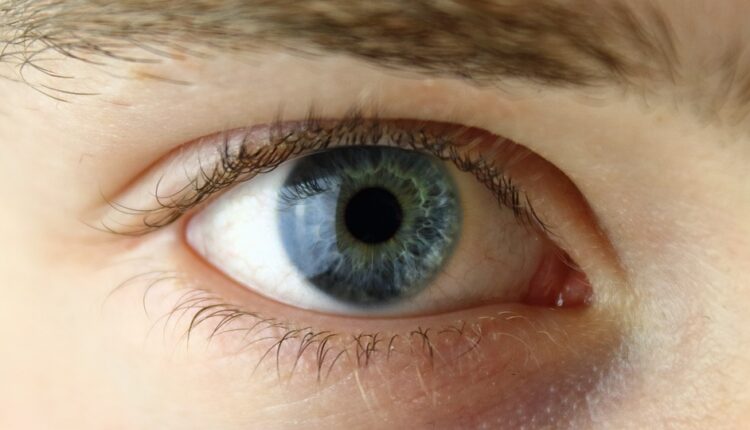Eye Lenses: The Comprehensive Guide
When it comes to eye health, most people know that it’s important to take care of your eyes. After all, they are one of the most important organs in our body. But did you know that there are different types of lenses available for people with vision problems? In this comprehensive guide, we will discuss the different types of lenses and their benefits.
The first type of lens is called a corrective lens. These lenses are designed to help people with vision problems, such as short-sightedness or astigmatism, see clearly. They come in several different shapes and sizes, including round, oval and rectangular. Most corrective lenses are made from plastic or glass and come with an anti-reflective coating to reduce glare.
Another type of lens is called a contact lens. These lenses can be worn on the surface of the eye, directly over the cornea. Unlike glasses, they do not have frames or temples and can be worn while swimming or engaging in other activities that would normally require you to take off your glasses. Contact lenses come in many different types such as soft lenses, rigid gas permeable lenses and multifocal lenses. They can correct many vision problems such as nearsightedness, farsightedness, astigmatism and presbyopia.
One of the biggest advantages of corrective lenses is that they provide individuals with clear vision without changing their appearance. This can make them more socially acceptable than wearing glasses or having surgery. Additionally, they are relatively inexpensive compared to other vision correction options. The disadvantages include a risk of infection if not cleaned properly; however this risk can be minimized by following the manufacturer’s instructions for care and cleaning of the lenses.
Overall, corrective lenses are an effective way to improve vision without drastically altering one’s appearance or undergoing invasive surgery. With proper care and maintenance, corrective lenses can provide long-lasting results and peace of mind. With the number of options available, it is important to research different types and consult with a doctor or optometrist in order to find the best solution for any vision needs. lenses eye


Comments are closed.